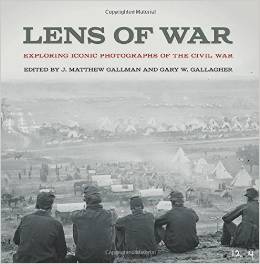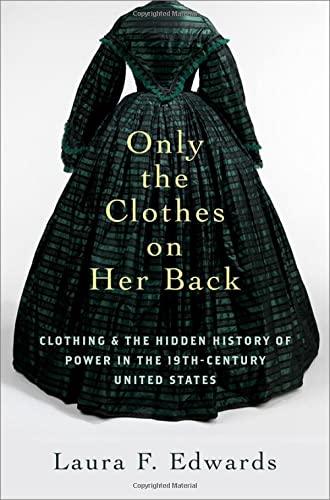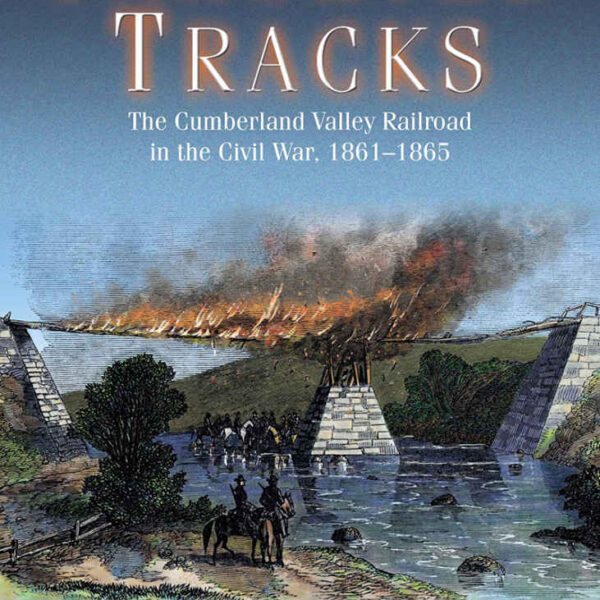As we come to the end of the decade following the bicentennial of Abraham Lincoln’s birth, there is no discernable slowdown in the publication of books on the sixteenth president. And while there is little that is new in the many publications that continue to roll off the presses, there are several recent studies that present Lincoln in a new light or offer a new perspective on his life and career. Jon D. Schaff’s Abraham Lincoln’s Statesmanship and the Limits of Liberal Democracy is one of these.
As he states in his book’s introduction, Schaff’s initial interest in Lincoln and the reason he pursued this study is the lack of writing on Lincoln’s presidency “from the varying perspectives political science can offer,” and the dearth of works on the “domestic Lincoln”—that is, studies of Lincoln’s actions as president that had “little of nothing to do with the Civil War.” Approaching Lincoln from a political scientist’s perspective and concentrating on Lincoln’s domestic actions concerning non-war domestic policy and legislation, such as the Homestead Act, the Land-Grant College Act, the National Bank Act, and the Pacific Railroad Act, Schaff asserts that Lincoln was not a revolutionary president, as some historians have argued, but rather a transitional one. In Schaff’s view, this is a good thing, for Lincoln’s presidency serves a model which today’s political leaders would do well to emulate.
The central argument of Schaff’s book is that for democracy to flourish, it must exist within limits. Lincoln’s success as a president and statesman, Schaff posits, was due to his strict adherence to this philosophy. According to Schaff, Lincoln’s defense of democratic limits manifested itself in five ways: one, he was devoted “to the moderating effect of the law.” In other words, the majority should rule, “but only within limits of a process that protects the minority” from tyrannical rule. Second, Lincoln “vigorously defended natural rights.” Third, although Lincoln favored a strong national government, “he stopped well short of a view held by many today that there should be no principled limits on governmental power.” Fourth, Lincoln promoted an economy that was “not about promoting economic efficiency so as to maximize wealth and consumption but about maintaining the kind of economy that is consistent with a free people.” Fifth, and finally, Lincoln’s moderation concerning the powers of the presidency extended to “domestic functions” in addition to war powers.
Space constraints will not permit consideration of all Schaff’s points outlined above, so the remainder of this review will concentrate on the author’s claims concerning Lincoln’s views on and use of presidential power. In terms of the powers of the presidency, Schaff rightly asserts that the philosophy of the Whig Party, to which Lincoln adhered, favored congressional powers over those of the executive, a philosophy that harkened back to the eighteenth-century British party that opposed to the Crown (and that was born out of the power struggle between National Republicans and President Andrew Jackson in the 1830s in this country).
Heirs to a Hamiltonian economic nationalism (as opposed to a Jeffersonian defense of limited government), Whigs believed that the central government should support economic development and thus help American citizens in their “right to rise.” A strong central government meant that power rested with the legislature, however, not the president. Schaff argues that although Lincoln was aggressive in exercising the war powers of the presidency, he deferred to Congress on other matters.
Lincoln has been condemned by some, such as Thomas DiLorenzo, as a big government despot and praised by others, such as James McPherson, for using the office of the presidency to inaugurate a Second American Revolution. Both sides are wrong, according to Schaff. While Lincoln may have expanded the powers of the office as commander in chief, he played a minor role in the legislative achievements of the Republican Congress, in keeping with his Whig philosophy of executive versus legislative power concerning domestic matters. Schaff dismisses the conservative/libertarian critique of Lincoln’s use of presidential power in a relatively quick manner, spending much more time arguing against the more accepted view espoused by James McPherson and others. Schaff states that Lincoln, because of his modest, limited view of presidential power, did not usher in a Second American Revolution; the author claims that Lincoln was in no way a precursor to the strong activist presidencies that were to follow in the twentieth and twenty first centuries.
Schaff makes a strong case for Lincoln’s views of presidential versus legislative power, but he is not totally convincing. For example, he hardly mentions Lincoln’s aggressive role in the passage of the Thirteenth Amendment. Should this not be considered a “domestic” matter? And how does this conform to his overall argument concerning Lincoln view of presidential power? Despite these and other questions raised by Schaff’s arguments, this book deserves to be read as we continue to learn from and debate Lincoln’s legacy.
Thomas A. Horrocks is the author of Lincoln’s Campaign Biographies.




